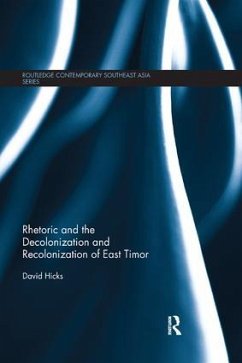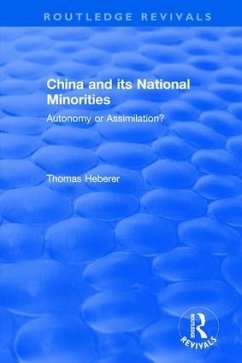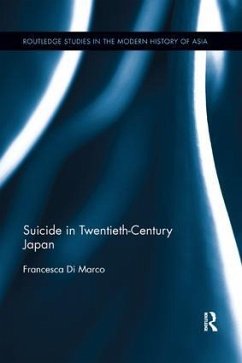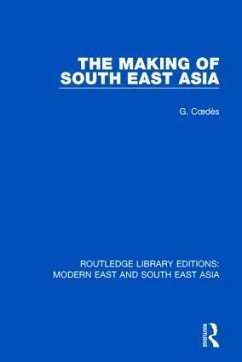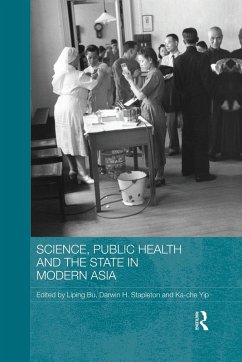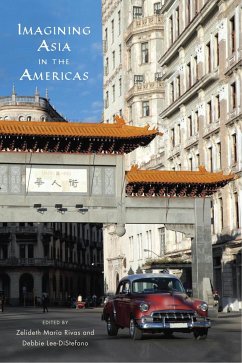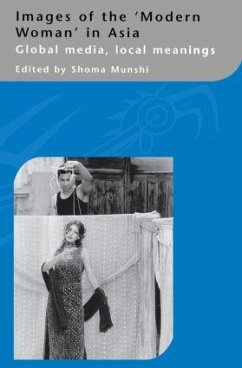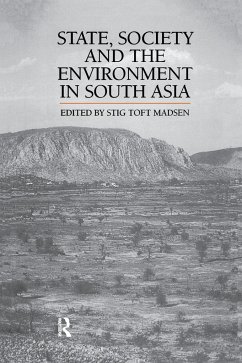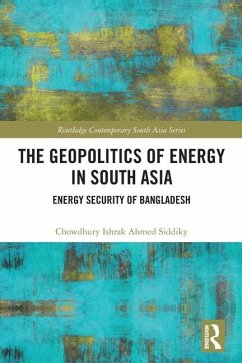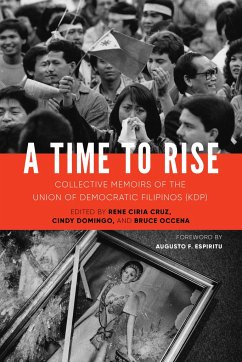
Imagining the Public in Modern South Asia

PAYBACK Punkte
29 °P sammeln!
In South Asia, as elsewhere, the category of 'the public' has come under increased scholarly and popular scrutiny in recent years. To better understand this current conjuncture, we need a fuller understanding of the specifically South Asian history of the term.¿To that end, this book surveys the modern Indian 'public' across multiple historical contexts and sites, with contributions from leading scholars of South Asia in anthropology, history, literary studies and religious studies. As a whole, this volume¿highlights¿the complex genealogies of the¿public¿in the Indian subcontinent during ...
In South Asia, as elsewhere, the category of 'the public' has come under increased scholarly and popular scrutiny in recent years. To better understand this current conjuncture, we need a fuller understanding of the specifically South Asian history of the term.¿To that end, this book surveys the modern Indian 'public' across multiple historical contexts and sites, with contributions from leading scholars of South Asia in anthropology, history, literary studies and religious studies. As a whole, this volume¿highlights¿the complex genealogies of the¿public¿in the Indian subcontinent during the colonial and postcolonial eras, showing in particular how¿British notions¿of 'the public' intersected with¿South Asian¿forms of publicity. Two principal methods or approaches-the genealogical and the typological-have characterised this scholarship. This book suggests, more in the mode of genealogy, that the category of the public has been closely linked to the sub-continental history of political liberalism. Also discussed is how the studies collected in this volume challenge some of liberalism's key presuppositions about the public and its relationship to law and religion. This book was originally published as a special issue of South Asia: Journal of South Asian Studies.





